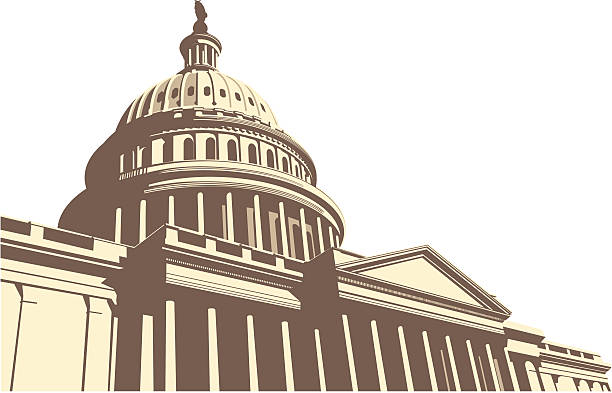Every other Monday, New Wine New Wineskins, a fellowship of early-career moral theologians, shares posts from members. This week, Cait Duggan reflects on some paradoxes in contemporary political perfectionism. Check back each Monday for more content from NWNW!
I have been spending some time recently reading the works of a few contemporary political perfectionists including John Finnis, Robert George, Joseph Raz, and two integralists, Thomas Crean and Alan Fimister. Political perfectionism, as Christopher Tollefsen defines it, is a political theory that holds that the state should not be neutral about worthwhile forms of life and should not exclude moral ideals, or considerations about the good from deliberation about legislation or constitutional essentials. Finnis and George formulate their perfectionism by drawing on Aquinas and Aristotle, while Crean and Fimister in their book, Integralism: A Manual of Political Philosophy, rely on a wide variety of biblical, theological, and philosophical sources.
I am interested in a question that arises from reading George’s 1995 book, Making Men Moral. First, a word about George’s book. George argues that we do not violate a norm of justice or political morality if we outlaw a certain kind of action that we judge to be immoral for the sake of protecting public morals. George hastens to add that this does not mean we ought always to promote such a prohibition. We might find reasons to tolerate such an act, though these reasons, George points out, would be prudential (viii). George further argues that legislation for the sake of protecting public morality is not a threat to individual freedom and pluralism (xi) because there would remain a wide variety of ways in which people can instantiate virtues in their lives (126-7) and further attain basic human goods such as life, knowledge, play, practical reasonableness, and religion (13). We would be exercising our freedom as we cultivate our capacity to become good choosers (25). Furthermore, as I understand George, the wide variety of ways in which we perfect ourselves in virtue gives rise to a rich pluralism. In the last chapter of his book, George offers a perfectionist defense of a wide variety of freedoms including speech, the press, privacy, assembly, and religion, arguing that such freedoms guard our pursuit of human goods.
My question is, is George’s proposal sufficiently perfectionist? Does the emphasis on the point that people ultimately make themselves moral, such that law has only a secondary function in their improvement, alongside the emphasis on the point that virtue is instantiated in a wide variety of ways, give us a clear-enough vision of the good life towards which law and the state should point us? More broadly, what are the necessary components of a contemporary perfectionist proposal, particularly one that wants to be rooted in Thomistic thought?
If we recall John Rawls’ A Theory of Justice, we remember that the first principle of justice is that each person has “an equal right to the most extensive scheme of equal basic liberties compatible with a similar scheme of liberties for others” (ToJ 53). Such liberties include the freedom of speech, assembly, conscience, and thought. George provides perfectionist grounds for a number of the same civil liberties. Does perfectionism consist in a different justification for standard civil liberties, alongside the prohibition of select activities, such as abortion and pornography? Or does it need to include something more robust, some mechanisms that guide individuals more pointedly towards a certain way of life?
–
Catherine Duggan is a third-year doctoral student at Notre Dame studying moral theology, focusing on Thomistic and Augustinian political and legal thought.




